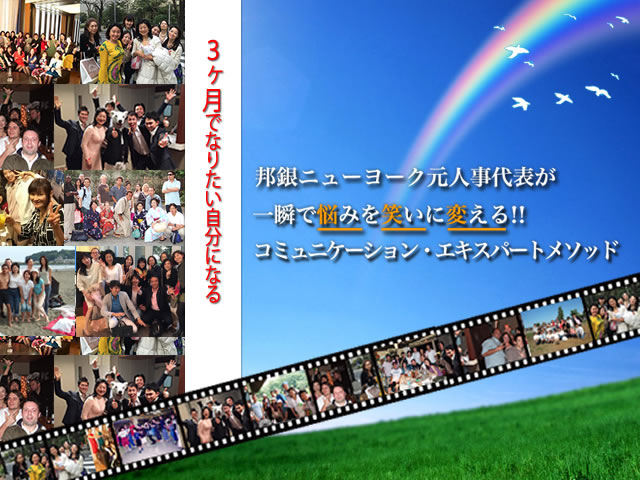オリンピックの選手たちの振る舞いを見て、日本と欧米の謝罪文化の違いが鮮明に浮き彫りになりました。これらの違いは、ビジネスシーンにおいても非常に重要な影響を及ぼすものです。今回は、この文化的背景がどのようにビジネスに影響を与えるかを考えてみたいと思います。
試合に負けた際、日本の選手は他国の選手に比べ、謝罪の言葉を頻繁に使います。期待通りの結果を残せなかった時や、チームに迷惑をかけるようなプレーをしてしまった時、日本の選手はファンに対して「申し訳ありません」とお詫びの言葉を口にします。
一方、米国の選手などは、たとえ敗北したとしても謝罪はほとんどせず、むしろサポートしてくれた周囲や応援してくれたファンに対して感謝の意を表します。この違いには、各国の文化的背景が深く関わっているのです。
日本では、たとえ自分が悪くなくても謝罪することが、円滑な人間関係を築くための一つの手段と考えられています。これは「お互い様」の精神が根付いているからです。したがって、「すみません」という言葉は必ずしも「自分の非を認めた」という意味を持たないのです。
一方、欧米では「謝ったら負け」という考え方が根付いており、謝罪は金銭的な負担や責任を負うリスクと直結しています。そのため、ビジネスシーンにおいても、自分に非があったとしても簡単には謝罪しない傾向があります。
このような文化の違いは、外資系企業で働く際や国際的なビジネスシーンでのコミュニケーションにおいて重要なポイントとなります。相手の真意が理解できないと感じたときには、こうした背景を踏まえ、誤解が生じないように注意を払いながら、相手の意図を確認することが重要です。
これらの文化的な違いを理解し、実際のビジネスシーンで活かすことで、国際的なビジネスでの成功がより現実的なものになるでしょう。ぜひ、異文化理解を深めながら、グローバルな舞台でのビジネスにチャレンジしてみてください。
https://line.me/R/ti/p/%40cwy8351v
【The Difference in Apology Culture as Revealed by Olympic Winners and Losers, Leading to Global Business 🌏】
The behavior of the Olympic athletes clearly highlighted the differences in apology culture between Japan and the West. These differences have a very important impact on the business scene as well. In this article, I would like to consider how this cultural background affects business.
When losing a game, Japanese players use apologies more frequently than players from other countries. When they fail to achieve the expected results or play in a way that inconveniences the team, Japanese players say “I am sorry” to their fans and apologize.
On the other hand, American players, for example, rarely apologize, even in defeat, but rather express their gratitude to those around them for their support and to the fans for their encouragement. This difference is deeply rooted in the cultural background of each country.
In Japan, apologizing even when it is not your fault is considered one way to build smooth relationships. This is because the spirit of “Mutual respect” is deeply rooted in Japan. Therefore, the word “sorry” does not necessarily mean “acknowledging one’s own fault.
On the other hand, in Europe and the United States, the idea that “if you apologize, you lose” is deeply rooted, and an apology is directly linked to the risk of incurring financial burdens and responsibilities. Therefore, even in business situations, people tend not to apologize easily even if they are at fault.
This cultural difference is an important point when working for a foreign company or communicating in international business situations. When you feel that you do not understand the other party’s true intentions, it is important to take these backgrounds into account and pay attention to them to avoid misunderstandings.
Understanding these cultural differences and applying them to actual business situations will make your success in international business more realistic. We encourage you to take on the challenge of doing business on the global stage while deepening your cross-cultural understanding.
https://line.me/R/ti/p/%40cwy8351v
#Business English #Cross-Cultural Communication #Global Business #Olympics #Cultural #Differences #Overseas #Relationships #Apologies #Spirit #Japanese


















COMMENT